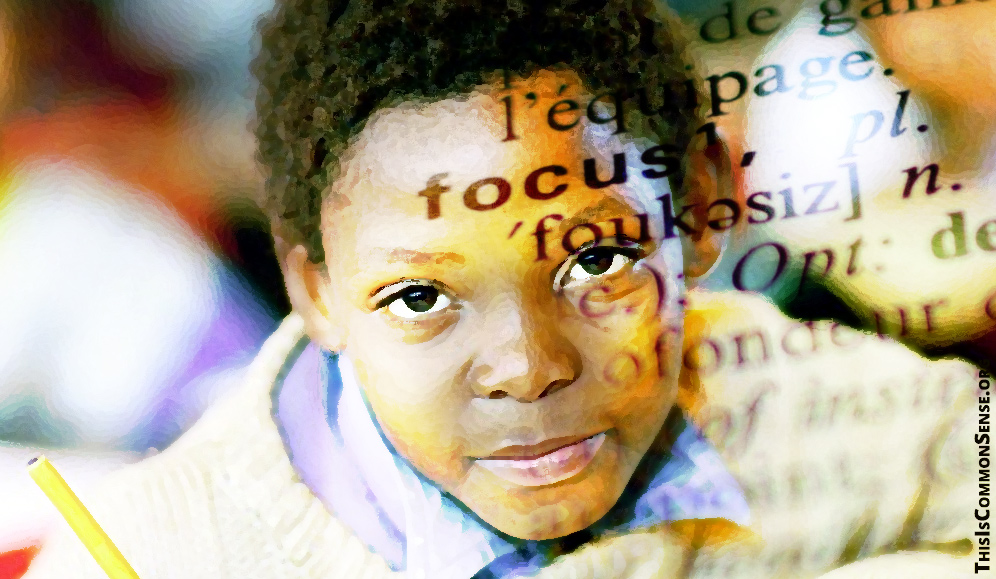San Diego’s school district is weakening its grading system because of “racial disparities.”
Yearly averaging of grades will end. Why? The practice, it is said, has penalized students who do poorly early in the year, presumably unfairly.
Teachers will also be prohibited from taking into account whether homework is submitted on time and how students behave in class. These aspects of performance will instead be incorporated into a “citizen grade.”
Richard Barrera, VP of the school district, says “to be an anti-racist school district, we have to confront practices like this that have gone on for years and years.”
Student behavior has sometimes been called “deportment.” Grading it separately is nothing new. But San Diego’s rationale for doing so is bad. And eliminating a yearly average (or semester average) discourages students from working diligently all year long.
What if, under the hobbled system, grades still exhibit “racial disparities”? The logical conclusion is an end to grades and to merit-based distinctions.
Many reasons for academic disparities among different groups are possible. But let’s say that kids of certain color tend to have lousier home lives than kids of other color, and therefore do worse in school.
If so, disparities in performance cannot be attributed to attempts to objectively assess schoolwork.
And the problems won’t disappear if grades disappear.
Any silver lining?
Well, if you’re a substandard teacher, meaningless grades for students will also make it harder to know when you, the teacher, are doing substandard work.
Though the metal most apt, here, is much baser than “silver.”
Lead seems about right.
This is Common Sense. I’m Paul Jacob.
—
See all recent commentary
(simplified and organized)

